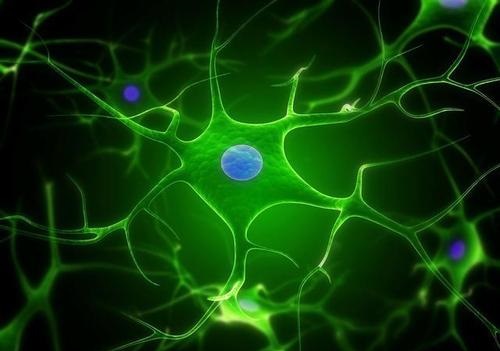Serotonin or 5-hydroxytryptamine (5-HT) is an important monoamine neurotransmitter. It is responsible for transmitting signals between brain neurons and for regulating mood.
Recently, scientists in China and the United States discovered that serotonin also regulates gene expression in neurons.
By Western blotting and recombinant TGM2 enzyme analysis, they confirmed that histone H3 is an endogenous substrate for serotoninization. Chemical modifications of histones can mediate diverse DNAtemplated processes, including gene transcription1–3. The study proved that serotonylation of glutamine occurred at position 5 (Q5ser) on histone H3 in organisms that produce serotonin (also known as 5-hydroxytryptamine (5-HT)).
The researchers demonstrate that tissue transglutaminase 2 can serotonylate histone H3 tri-methylated lysine 4 (H3K4me3)-marked nucleosomes, resulting in the presence of combinatorial H3K4me3Q5ser in vivo. H3K4me3Q5ser displays a ubiquitous pattern of tissue expression in mammals, with enrichment observed in brain and gut, two organ systems responsible for the bulk of 5-HT production. Genomewide analyses of human serotonergic neurons, developing mouse brain and cultured serotonergic cells indicate that H3K4me3Q5ser nucleosomes are enriched in euchromatin, are sensitive to cellular differentiation and correlate with permissive gene expression, phenomena that are linked to the potentiation of TFIID4–6 interactions with H3K4me3. Cells that ectopically express a H3 mutant that cannot be serotonylated display significantly altered expression of H3K4me3Q5ser-target loci, which leads to deficits in differentiation.
These results identify a direct role for 5-HT, independent from its contributions to neurotransmission and cellular signalling, in the mediation of permissive gene expression. The research helps people better understand a variety of brain diseases, including mood disorders, drug abuse/addiction, and neurodegenerative disease.

Product link: http://www.eiaab.com/entries/detail/10074_EIAAB







